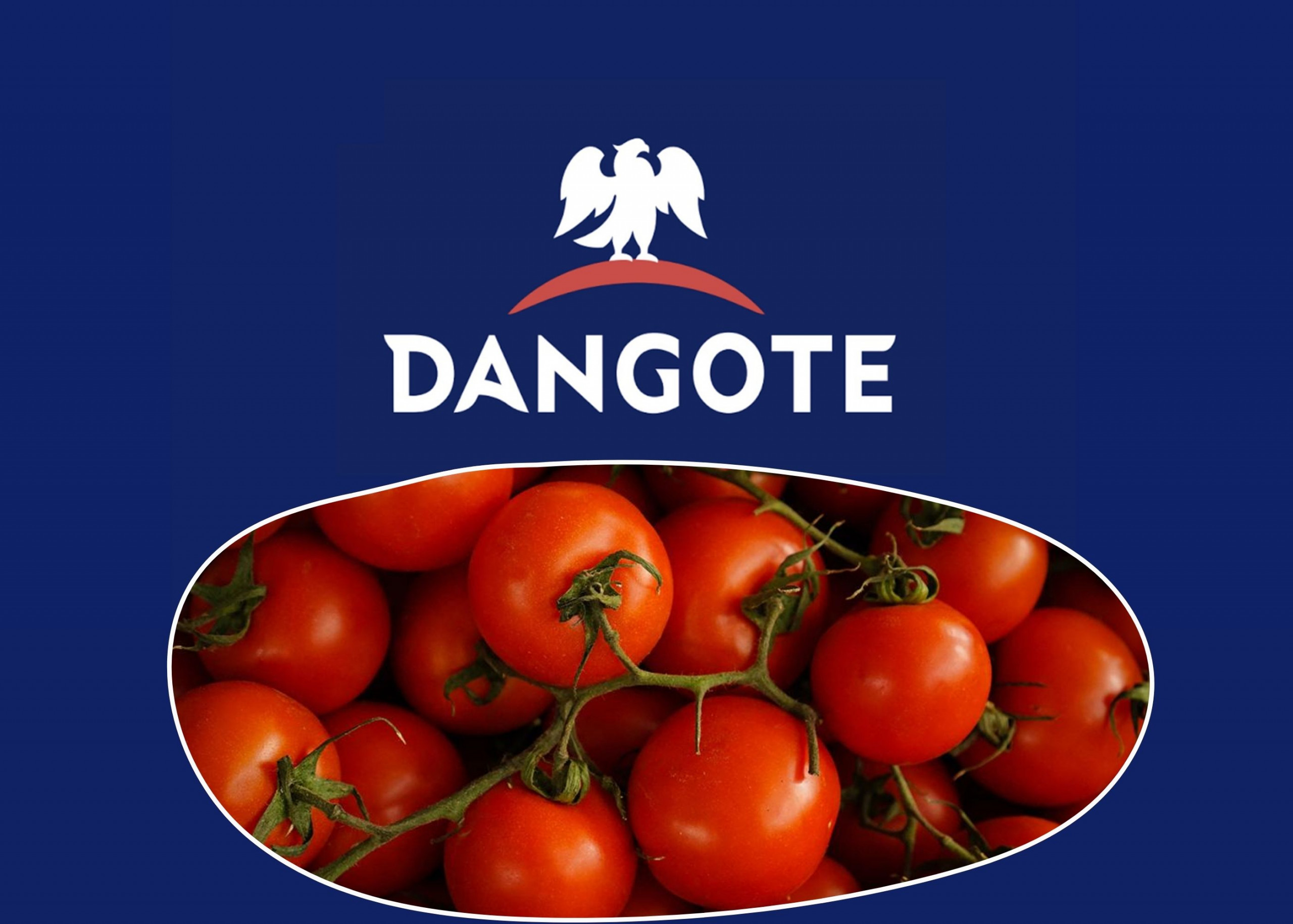News in brief:
– Dangote’s $20 million tomato processing facility aims to reduce Nigeria’s reliance on tomato imports and support local farmers.
– The project addresses post-harvest losses, stabilises tomato prices, and enhances Nigerian agricultural self-sufficiency.
The Dangote Group has inaugurated Africa’s largest tomato processing facility in Kano, northern Nigeria. This $20 million factory aims to address Nigeria’s heavy reliance on imported tomatoes, boost local agriculture, and create sustainable jobs. It aligns with Nigeria’s broader goal of food security and economic self-sufficiency.
The country consumes around 2.3 million tons of tomato paste each year but imports a significant portion—approximately 300,000 tons annually—from places like China. This import dependency costs Nigeria about $360 million each year.
The new Dangote facility will reduce this reliance by producing over 400,000 tons of tomato paste annually, meeting local demand and lowering import costs.
The factory will source tomatoes directly from Nigerian farmers, primarily in the Kadawa Valley, providing them with a stable income at $700 per ton—nearly double the average price of $350 per ton. This pricing stability helps farmers increase production, reduces losses, and improves their livelihoods.
Addressing post-harvest losses
Post-harvest loss of tomatoes in Nigeria has been a persistent issue, with about 900,000 tons (over half of the 1.5 million tons harvested) lost annually due to inadequate storage and transport facilities. This new facility ensures a significant portion of these tomatoes are processed and reaches consumers, reducing waste and enhancing food security.
Rising inflation has pushed up tomato prices, making fresh produce unaffordable for many households. Processed tomato products, such as paste, now offer a more affordable alternative. Additionally, the Federal Ministry of Agriculture has initiated support for tomato farmers in Edo State to stabilise production and help lower costs.
This investment represents a shift toward self-sufficiency in Nigeria’s agricultural sector, providing a blueprint for other African nations aiming to reduce import dependency. Aliko Dangote emphasised that this facility is a step toward Nigeria’s economic independence.
“Investing in our own production is a commitment to Nigeria’s future,” he said.



